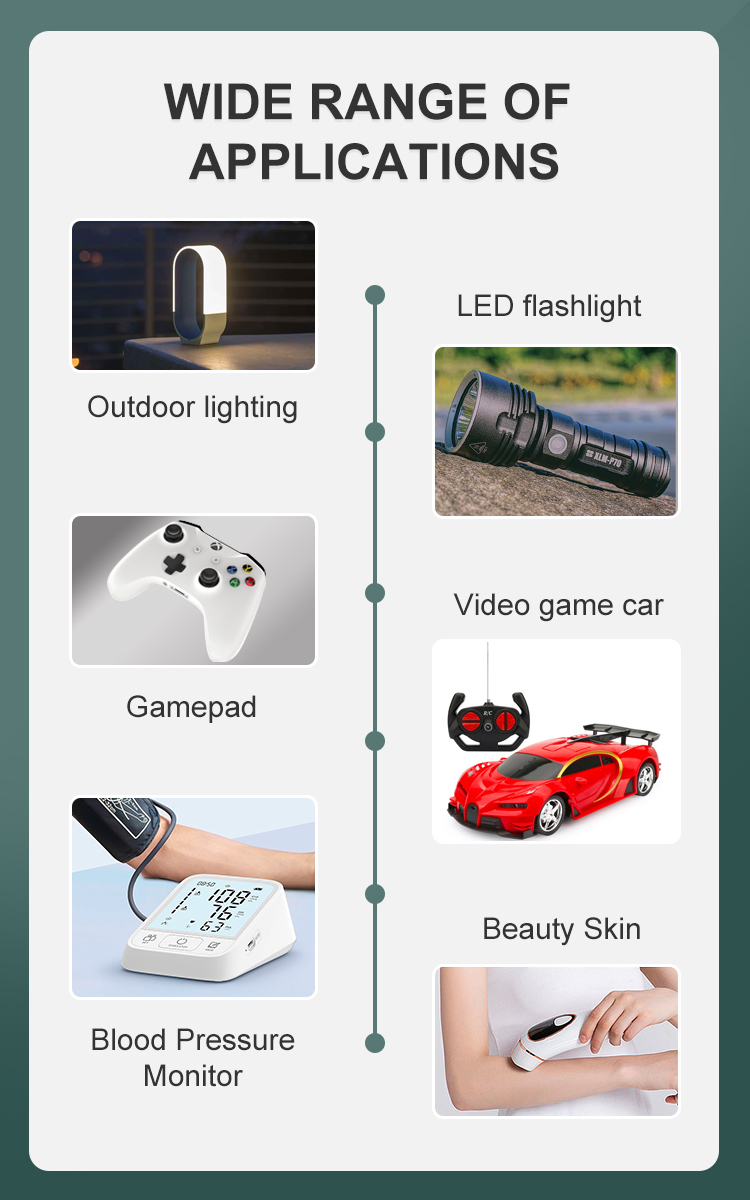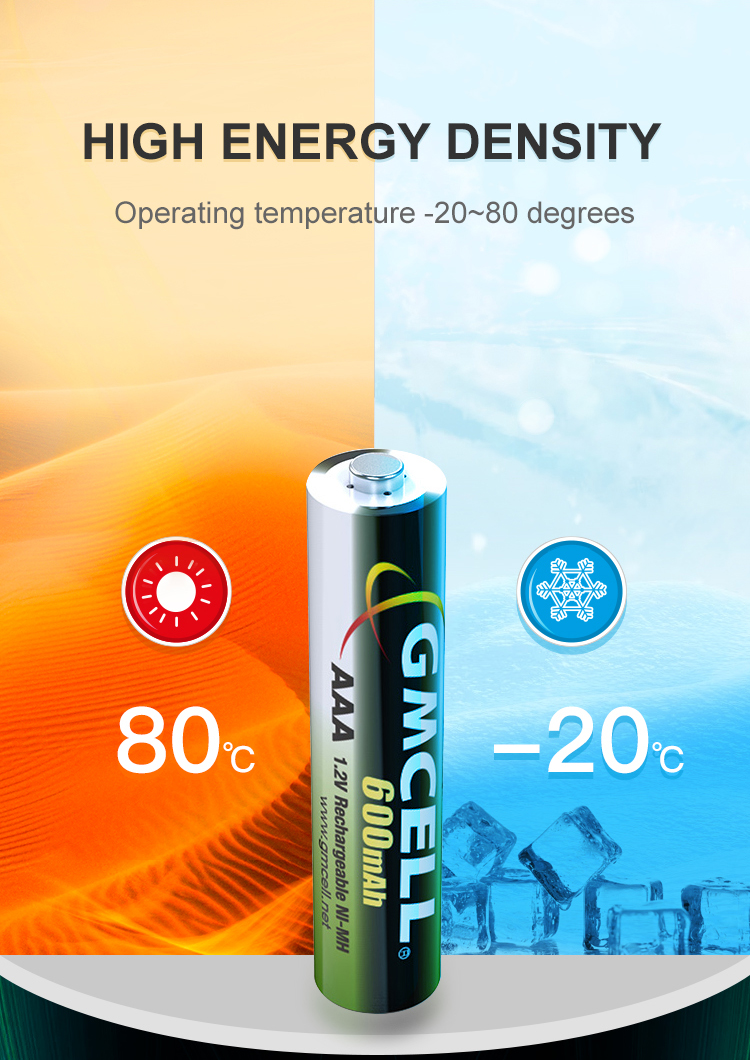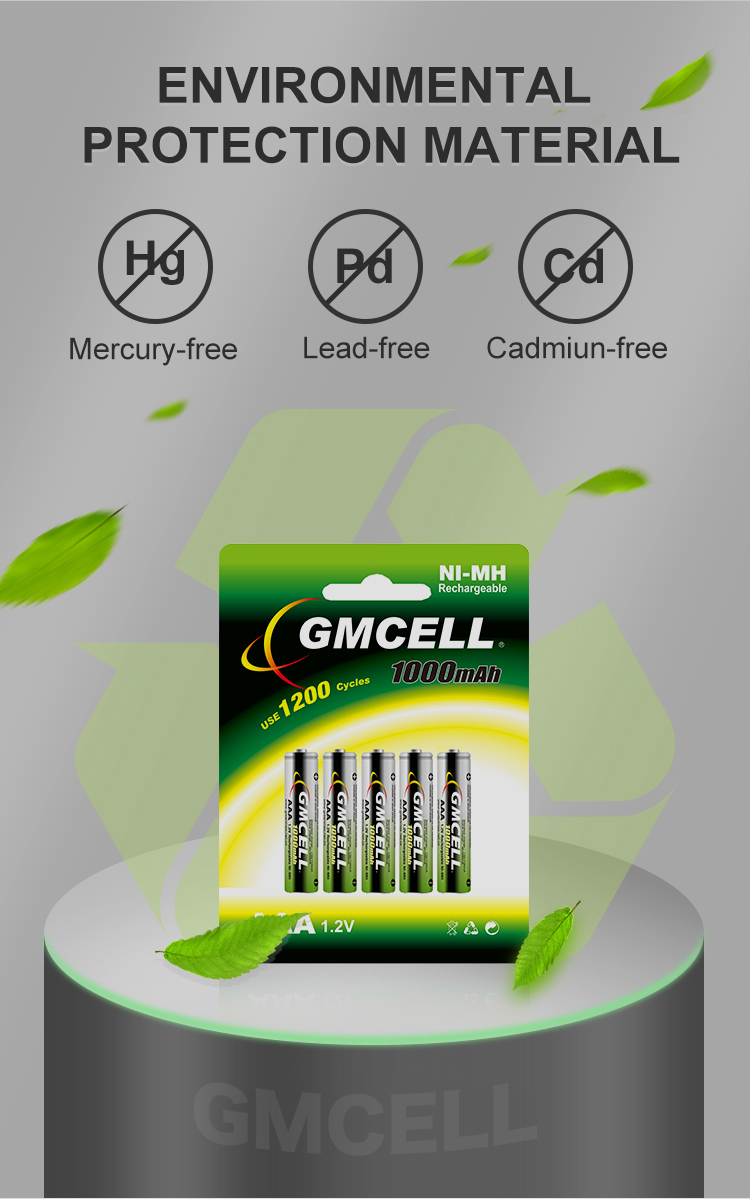In the world of battery technology, nickel-metal hydride (NiMH) batteries and lithium-ion (Li-ion) batteries are two popular options. Each type offers unique advantages, making the choice between them crucial for a range of applications. This article provides a comprehensive comparison of the advantages of NiMH batteries vs. Li-ion batteries, while also considering global market demand and trends.
NiMH batteries boast higher energy density, meaning they can store more power. Additionally, they charge relatively quickly and have longer lifespans compared to other battery types. This translates to less time spent charging and longer-lasting performance from the battery. Furthermore, NiMH batteries have a smaller environmental impact due to their lack of harmful substances like cadmium.
On the other hand, Li-ion batteries offer several advantages. Firstly, they have an even higher energy density, allowing for more power in a smaller package. This makes them ideal for compact devices that require long runtimes. Secondly, their electrodes and chemistry provide a longer lifespan compared to NiMH batteries. Plus, their smaller size allows for sleeker, more portable devices.
When it comes to safety, both battery types have their own considerations. While NiMH batteries can pose a fire risk under extreme conditions, Li-ion batteries have a tendency to overheat and catch fire if charged incorrectly or due to damage. Therefore, appropriate care and safety measures are essential when using both types of batteries.
When it comes to global demand, the picture varies depending on the region. Developed countries like the US and Europe tend to prefer Li-ion batteries for their high-end electronics like smartphones, tablets, and laptops. Plus, with established charging infrastructure in these regions, Li-ion batteries are also finding use in electric vehicles (EVs) and hybrids.
On the other hand, Asian countries like China and India have a preference for NiMH batteries due to their cost-effectiveness and charging convenience. These batteries are widely used in electric bikes, power tools, and home appliances. Plus, as charging infrastructure in Asia continues to develop, NiMH batteries are also finding use in EVs.
Overall, NiMH and Li-ion batteries each offer unique advantages depending on the application and region. As the EV market expands globally and consumer electronics evolve, the demand for Li-ion batteries is expected to grow. Meanwhile, as technology improves and costs decrease, NiMH batteries may maintain their popularity in certain sectors.
In conclusion, when choosing between NiMH and Li-ion batteries, it’s important to consider your specific needs: energy density, lifespan, size constraints, and budgetary requirements. Additionally, understanding regional preferences and market trends can help inform your decision. As battery technology continues to evolve, it’s likely that both NiMH and Li-ion batteries will remain important options for various applications in the future.
Post time: Jan-24-2024








